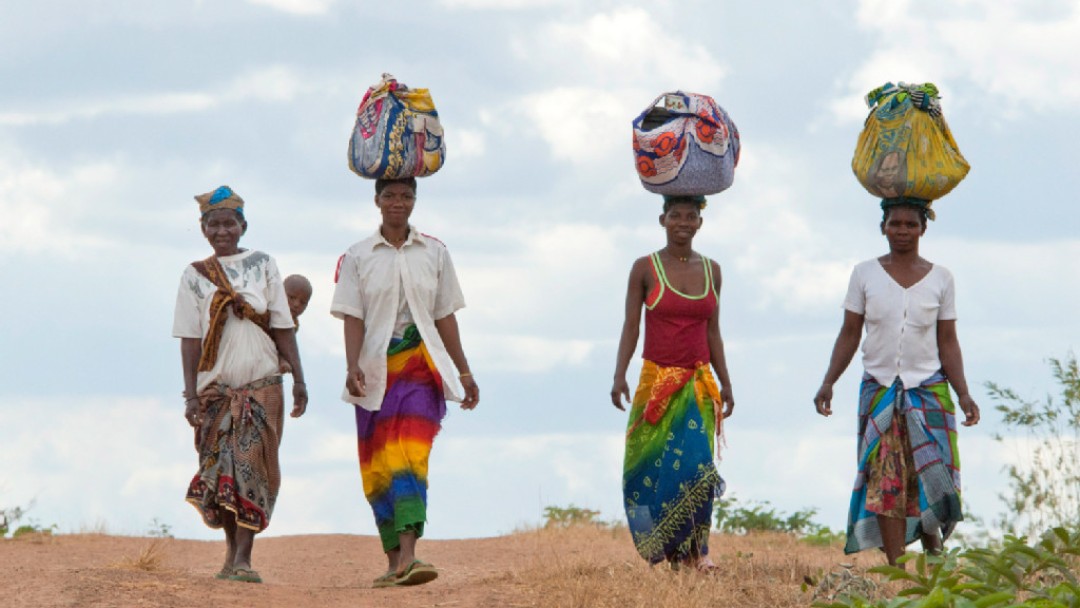News from 2020-03-09 / KfW Research, KfW Development Bank
Climate change is not gender neutral
Development in Brief

All people are affected by climate change. However, the extent to which and how they are affected and whether climate policies and measures can help to mitigate negative impacts also depends to a large extent on their gender. For example, women in sub-Saharan Africa account for around 80% of agricultural production; if droughts occur, they are directly affected. Where climate change is increasing migration pressure, it is mainly men who leave their wives in search of work, leaving them alone with the responsibility for the family.
On the occasion of International Women's Day on 8 March, Development in Brief will explain how climate change affects the sexes in different ways and how, by taking a gender perspective into account, climate measures can simultaneously strengthen climate protection and equality.

Share page
To share the content of this page with your network, click on one of the icons below.
Note on data protection: When you share content, your personal data is transferred to the selected network.
Data protection
Alternatively, you can also copy the short link: https://www.kfw.de/s/enkBbm2u.CLlA
Copy link Link copied